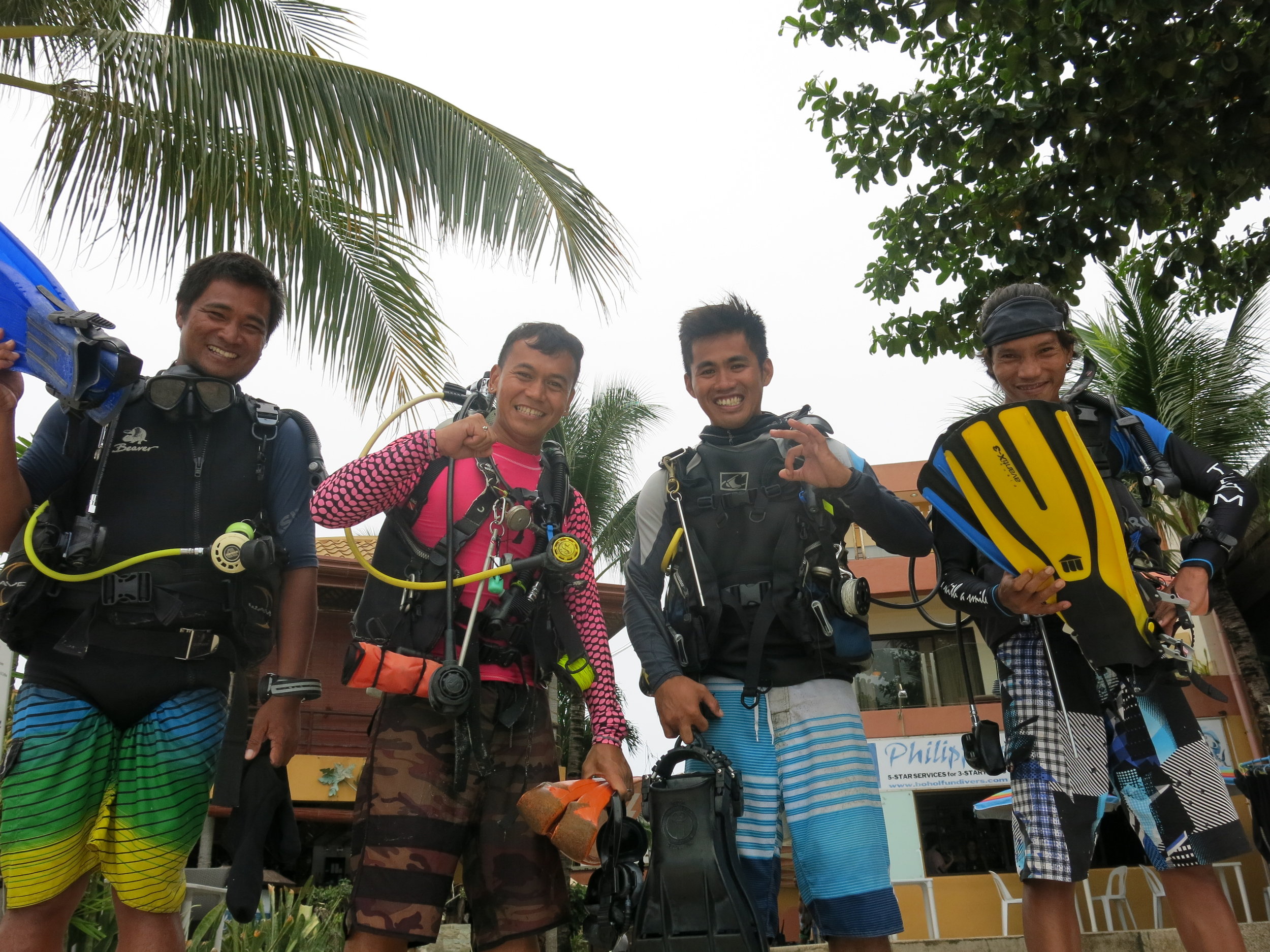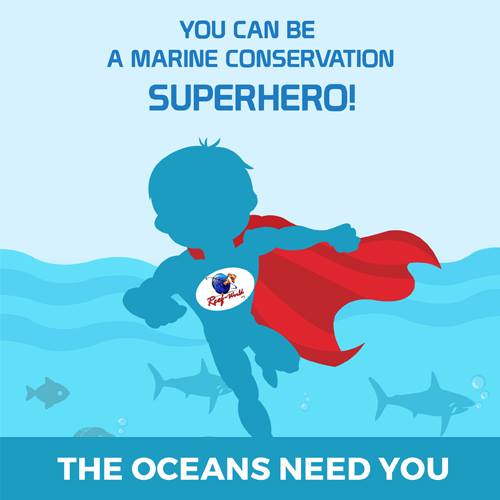One thing that I learnt from myself on past job experiences is that definitely I was not made to work on a fixed routine. I’ve lived it, appreciate all that I could gain from it, but also I have renounced to it! A very scary decision to make, but then the freedom of managing my own time was priceless! When I first came to the Philippines and saw myself on an office – for a second I thought, what have I done?? But certainly, as everything about this experience, it had a very special turn of events.
Being part of the RWF team has nothing monotonous about it. Just before I could freak out, I knew that I was going to be moving around a lot! Resulting into a new perception of what office work means. Suddenly the office time became so precious and effective; instead of being afraid of the routine I was actually excited to get things done, before the new journey began.
The journey led me to Malapascua Island, after leaving Dumaguete and taking a trike, a four hour ferry, taxi, sleep, taxi, eight hour bus, small boat, ferry and finally our legs in a very very very hot midday sun; I am here with the team. This small island has a very special vibe to it; definitely there is a before and after the Yolanda event, and you can feel it in the people. Something positive that I have noticed on the after Yolanda, is that they have come to the realization of how connected they are to nature, they saw how nature can destroy; but also realized how nature can nurture and help them thrive. I am looking forward to spend more time to immerse myself on their culture and their perceptions, using the Green Fins initiative as the way to do it.
It is these kind of life experiences what I was looking for before setting on to my new Filipino adventure. I wanted something that took me out of my comfort zone and transformed the perceptions and concepts of everything that I thought I already knew. From the basic concept of work, to the better understanding of human interaction with the nature; of humans and the ocean.












































